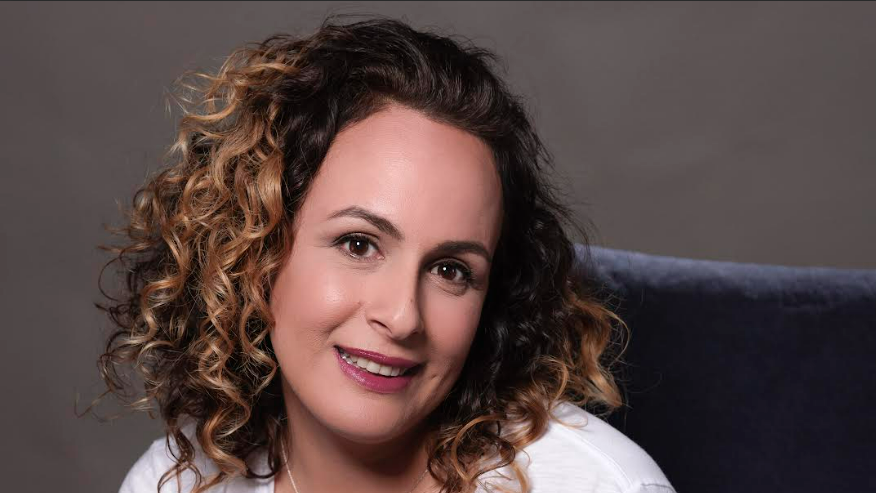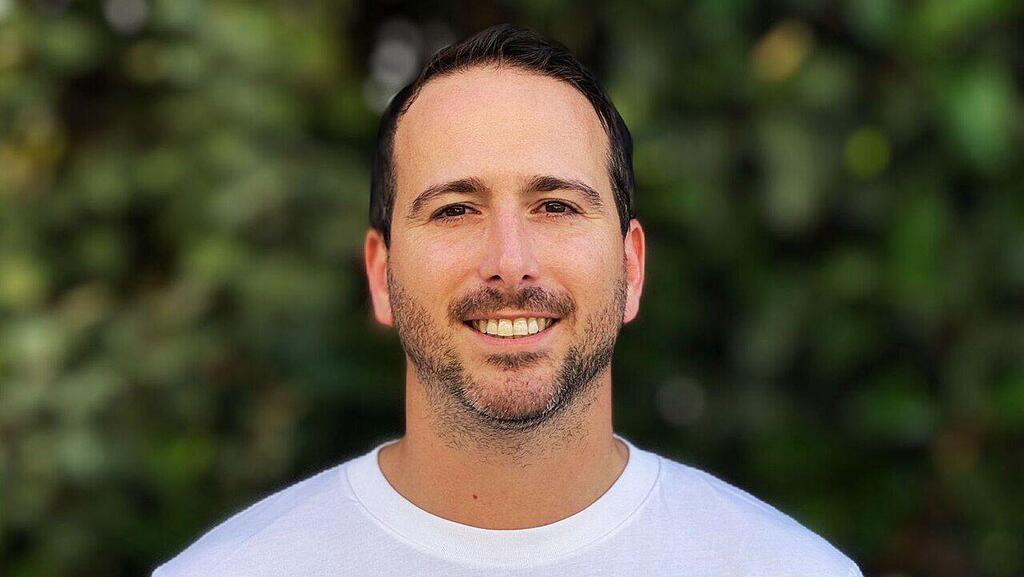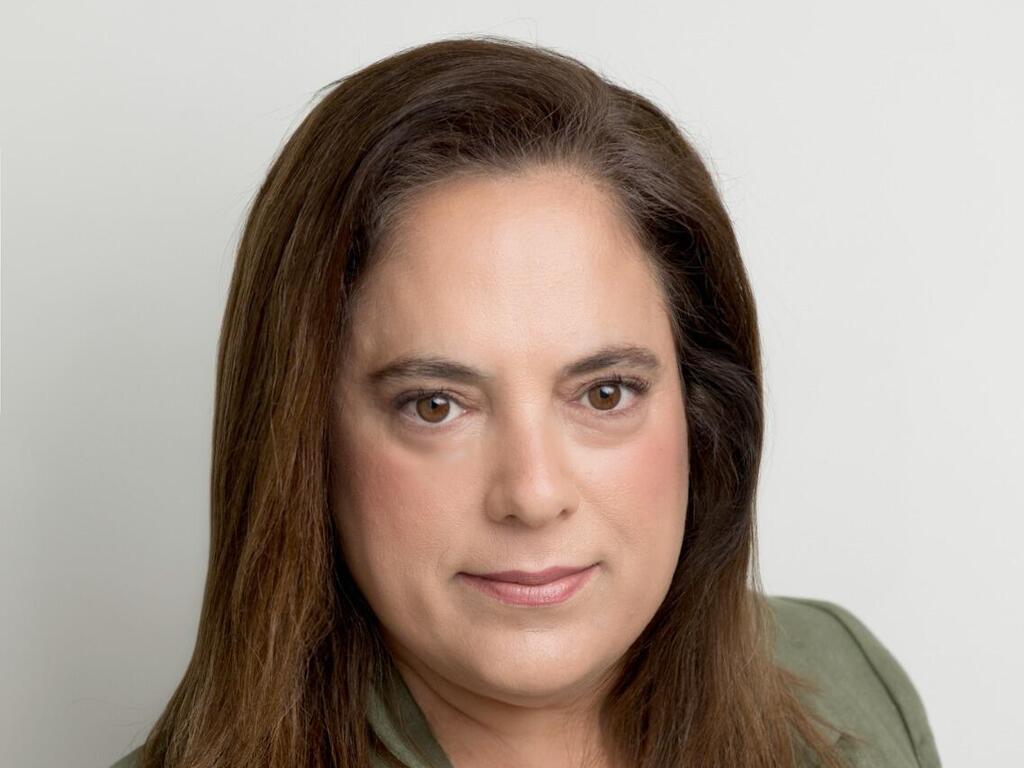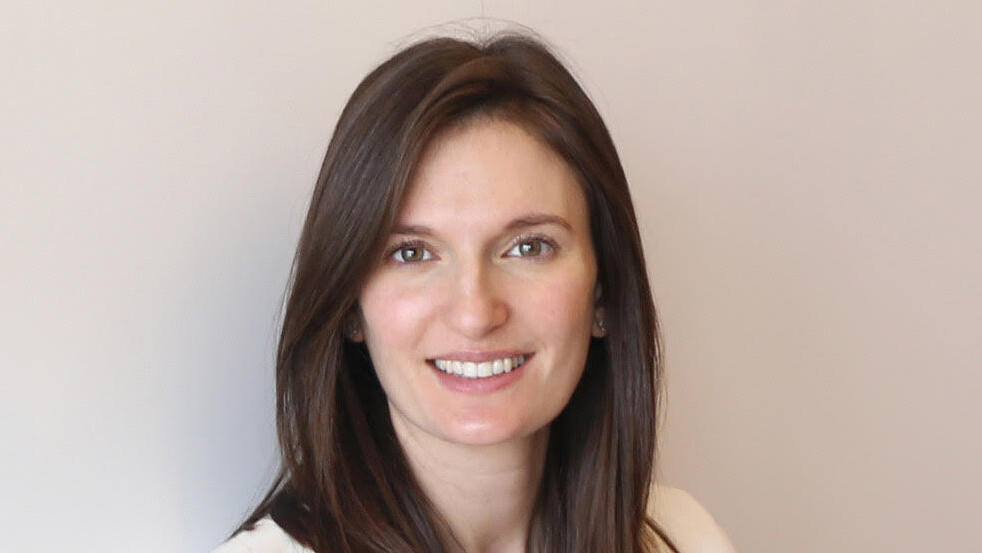
“It's OK to be sad”: Founder psychology is getting a revamp in Israel
Between pandemics and war, Startup Nation has every right to break the stigma of asking for help and treating the mental health of its entrepreneurs.
The double blow of world events that impacted Israel’s Startup Nation in the last half-decade has had a profound impact on the way founders should assess how it affects their mental health, according to a group of professionals. The pressures of the Covid-19 pandemic and the toil of the war with Hamas have prompted entrepreneurs to focus on their mental well-being to help them remain resilient during challenging times.
One such person shaking up the startup sector is organizational psychologist, psychotherapist, and couple therapist, Yael Daniely. Over the past several years she has conducted research with over 450 founders, dozens of VCs, and other key players in the Israeli ecosystem to learn about the psychological drivers and growing pains faced by co-founders and how they can help improve their mental health, something she describes as ‘emotional runway’.
5 View gallery


Israeli founders are encouraged to focus on their mental health in challenging times.
(Credit: Shutterstock)
“They're not weird, they're not weak, they're not ruined,” she told CTech. “It's something that happens all the time.” Daniely shared how the ‘emotional runway’ can be addressed in four key ways: by assessing the relationship with your body, inner self, health, and the relationship with others. According to her research, those who do not spend adequate time on this can experience severe troubles such as depression, stress and burnout, anxiety, and ultimately company failure.
She also draws heavily on the research of Israeli-American writer Tal Ben-Shachar and focuses on helping founders achieve an ‘antifragile’ mindset, one that helps the mind overcome challenges as a result of stressors, shocks, attacks, or failures.
In other words, she helps Israelis overcome worries in the everyday world and helps them tap into the emotional resilience that has become so renowned within Startup Nation.
“Antifragility is the ability to thrive and take the crisis or the difficult places and grow from them,” she explained. “Whereas resilience is how you overcome the crisis or how you build this ability to face it. Startups are such an intense period of life, the quality of the relationships is so important for them to thrive.”
Founders and entrepreneurs who speak to CTech on the record often share how positive and strong they are - as this writer knows too well. However, anyone in a leadership position in Startup Nation knows that the journey can be anything but calm. According to research conducted by Startup Snapshot, 72% of founders struggle with their mental health, 37% suffer from anxiety, and 81% of founders hide their stress, fears, and challenges from others - with more than half hiding their stress from their co-founders.
Daniely addresses these challenges by also focusing specifically on the relationship between a company’s co-founders to ensure their dialogue is better understood and respected. According to her, 65% of startups that fail are caused by toxic relationships among the founders, yet with her help the same percentage of portfolio companies raised more funding within a year, claiming that 250 executives have successfully grown their business.
One client who sought the help of Daniely’s services was Sagi Gidali, co-founder and CPO of Perimeter 81. He visited Daniely with the company’s co-founder Amit Bareket for several years but benefited especially from her services while they were selling the company to Check Point for $490 million in 2023.
“I think that the risk goes up exponentially if you don't have someone who will help you,” he said, highlighting the risk of co-founder fallout and how organized mediation can support relationships. “I think for other co-founders as well: if there is not someone who will help you navigate it, it will be super hard to overcome these challenges.”
Gidali and Bareket both had personal challenges over the years, sometimes affecting their communication with one another. The result meant that one-on-one time together, codified in the schedule and paid for by the company, acted as an opportunity for the two founders and longtime friends to touch base and discuss issues in an organized and healthy way.
“It's very important to work on it and it's very important to work on it from the beginning,” Gidali added. “To not get into a tough situation, prevent it in advance. The communication you need to have should be like an open channel: respect and work together to overcome all the obstacles.”
Founders who seek to tap into communication skills with one another would benefit from these types of services, but those still affected by external traumas should also seek assistance. Barely off a global pandemic and amid an ongoing war, startup founders are more susceptible to mental health challenges as they seek to build and grow their companies.
“I think that we've witnessed in the startup founder world some very radical situations and some of them came from a very external source,” said Inbal Shenfeld, a former founder and angel investor who also worked with Daniely. “So when there is a big crash in the market… it's much easier to admit that you're having a hard time and therefore it's much easier to seek help. And I think these are the things that changed.”
The reputation surrounding Israelis being strong and resilient can cause a stigma for founders to “toughen up, don’t cry” and be nothing but strong in the face of adversity, says Shenfeld. “We've witnessed very dramatic ecosystem conditions and people are much more leaning into how situations are influencing them. And so they have an opening to discuss the hardship… I think that being strong and being resilient is not the same thing. When you're strong you can cope with something, but when you're resilient, even if something happens, you might bend a little but you'll be able to bounce back. And that's the whole point. I think in startup life you need to be resilient rather than just strong.”
Today founders have been hustling and innovating in between trips to war, or they have been seeking fundraising without the ability to easily fly overseas. The overall impact of the ongoing war across the country is having a generational impact on the psyche of Startup Nation.
Now more than ever founders should be prepared to open up and share how modern-day challenges can impact their mental health.
“Being sad is perceived by founders as a weakness,” explained Noa Matz, a former partner at F2 VC who today discusses startup psychology. “They feel they can't necessarily show to the world that they’re sad because it's going to be perceived as weak. This is what they think.”
Matz has been discussing the impact of external factors and how they impact co-founders for several years, including a series on CTech called ‘Founders on Sofas’ that explored crisis resilience, founder-investor dynamics, and navigating the founder-spouse relationships. “Just to make it accessible for them and say, ‘It's ok you're sad - it's OK to be sad. Let's feel sad’.”
A common thread among founders who today are seeking help with their mental health and emotional runways all stated that the best time to seek help is yesterday: Don’t wait until it is too late in your business or relationship to find counsel. This means applying appropriate energy to recognizing what may cause a breakdown in communication or what may trigger founders into destructive behavior.
“The most common thing [I see] is the loneliness and the mask they need to put on. They feel they can't be themselves. The world is signaling to them that they have to wear a mask… Don't wait until you are terribly suffering. You don't have to be miserable to ask for help,” Matz concluded.

















